Nigeria’s major crude oil grades have slipped below $68 per barrel, sparking fresh concerns over the government’s ability to meet its 2025 budgetary projections.
Industry data shows that key grades, including Bonny Light and Qua Iboe, are trading at levels significantly lower than the oil benchmark of $77.96 per barrel set in the national budget. The development has raised fears of revenue shortfalls in a country where crude sales account for over 70 percent of government earnings.
Economic analysts warn that the dip could force the federal government to rely more heavily on borrowing, potentially worsening the nation’s debt burden. “If oil prices remain depressed, the budget deficit will expand, and the government may have no choice but to review its fiscal assumptions,” one Lagos-based economist explained.
Beyond revenue concerns, the situation could also affect Nigeria’s foreign reserves and put further pressure on the naira, which has struggled to stabilize in recent months.
The Ministry of Finance has yet to issue a statement, but officials previously assured that contingency measures are in place to manage oil price volatility.
Observers note that unless prices rebound, Nigeria may need to either revise its budget benchmarks or scale down expenditure plans.


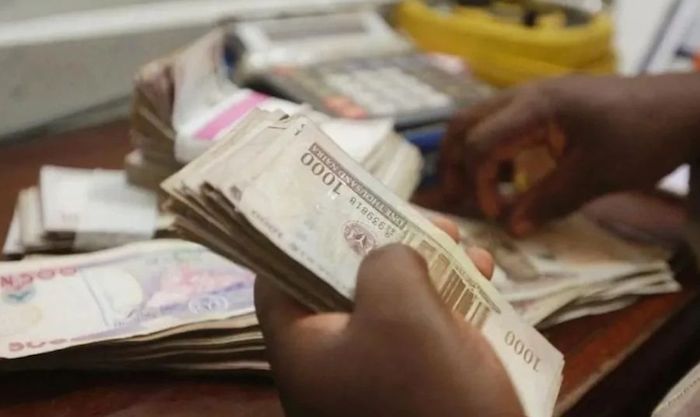

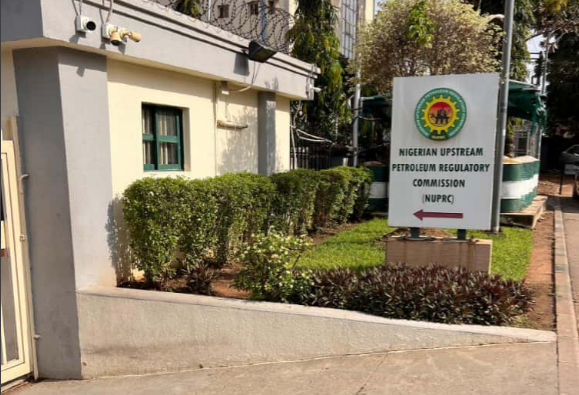
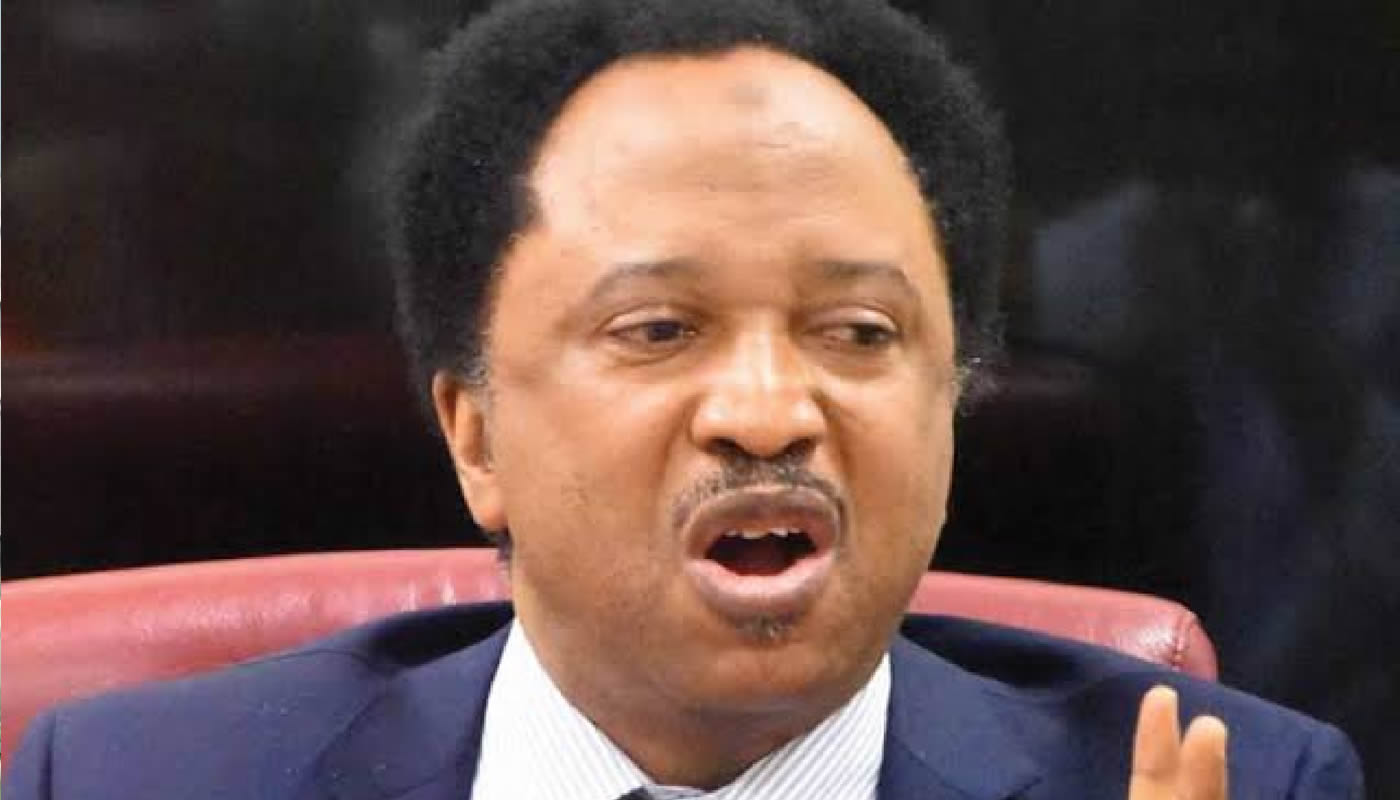

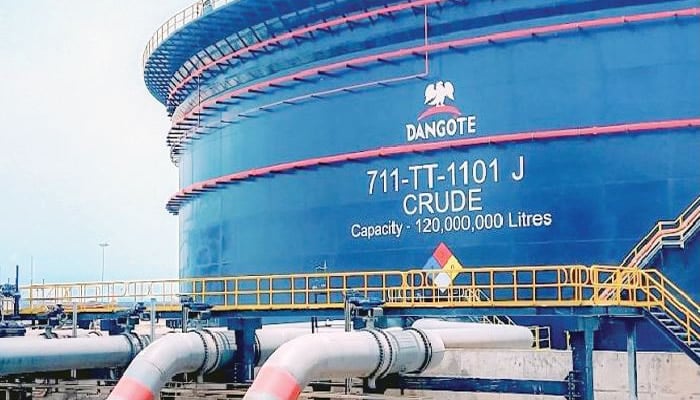
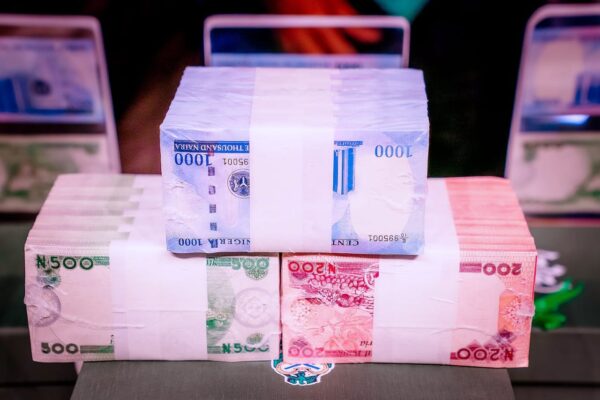
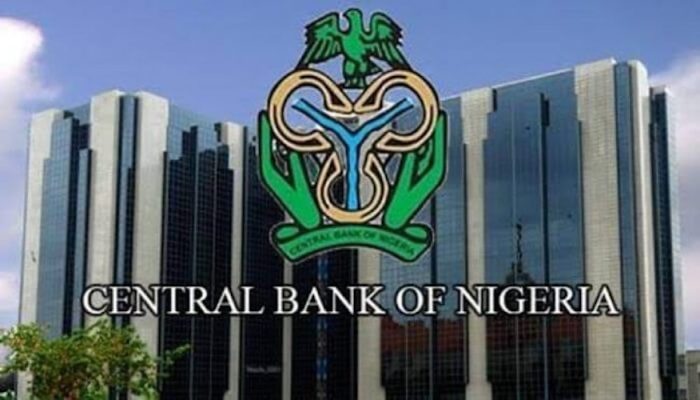

Leave a Reply